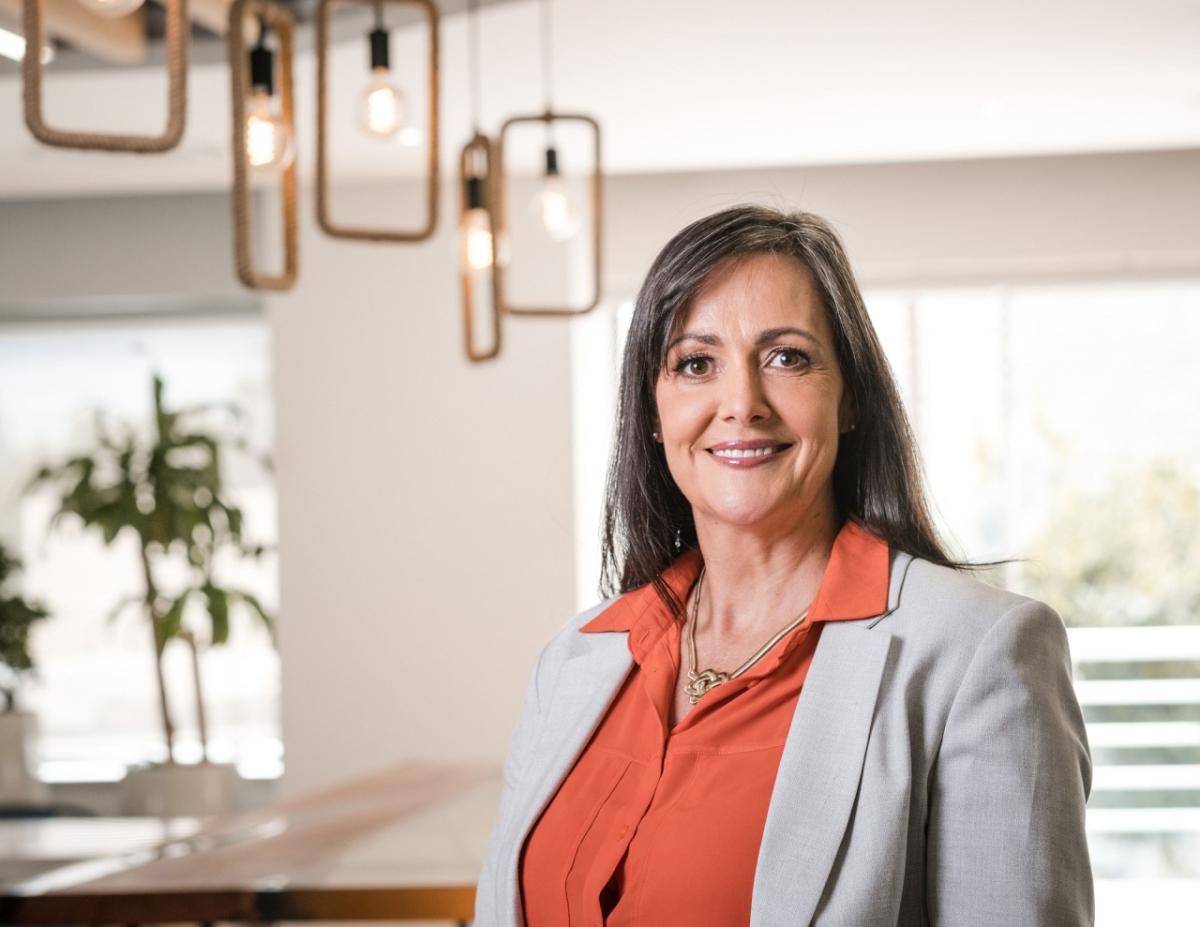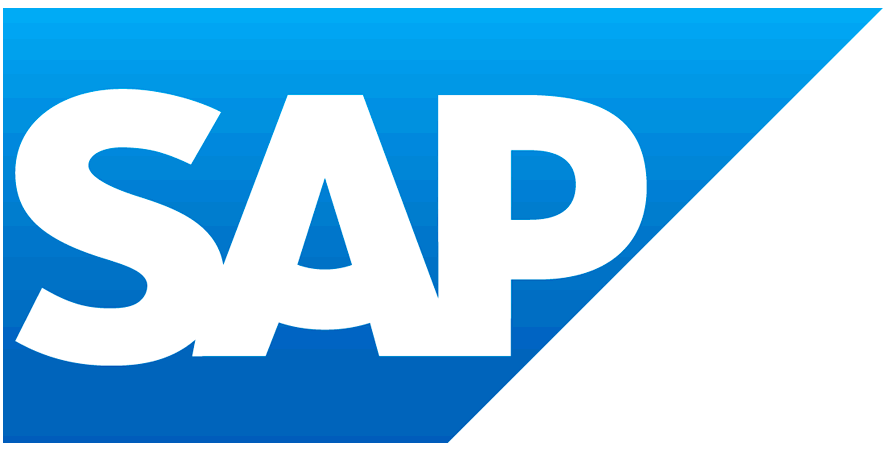Sustainability Is a Team Sport: Good for People, Planet, and Profits
By Judith Magyar

SAP Africa COO Tracy Bolton began her pioneering sustainability journey when she equipped her house with solar panels and installed rain tanks in her garden five years ago.
Q: What prompted your journey?
A: It came about through a mix of free choice and necessity — some of it was a push, and some of it was a pull! The pull was the interest in a holistic lifestyle, where I wanted to tread lightly and leave a minimal impact on the planet. The push was a phenomenon called load shedding. Government-owned electricity providers in Africa often can’t keep up with demand, so load shedding is used to distribute demand across multiple power sources, often disrupting power supply.
Can you imagine trying to do your work, chasing targets and deadlines while plunged into darkness, with no power source for lights, laptop batteries, and internet and mobile phone signals, for hours on end, often with little or no warning?
Now, I’m about 80% off grid, which is quite ahead of the game. It’s great for me, because I don’t feel the impact of the load shedding. I can continue to work when they switch off the electricity. I have an app that tells me how much energy I’ve produced, how much CO2 emissions I’ve saved, and the equivalent of trees planted. I love keeping track.
What’s challenging about doing business in the region?
Africa is a vast continent, with a wealth of diversity in geography and wildlife, and people, cultures, and languages. The region is facing serious environmental challenges, including land degradation, deforestation, biodiversity loss, and extreme vulnerability to climate change. In addition, poverty across the continent is one of the most serious challenges to sustainable development, along with major issues such as infrastructure and the availability of electricity.
Three-quarters of the 759 million people around the world who don’t have access to electricity live in Sub-Saharan Africa. Education and gainful employment cannot be done in the dark. Without universal access to electricity, Africa will remain vulnerable to underdevelopment, high unemployment, a migration crisis, and instability. That’s why United Nations Sustainable Development Goal number 7 — to ensure access to affordable, sustainable modern energy for all — is so critical to the region.
This all contributes to the unique and often intense and personal experience of working in Africa. There are incredible highs and lows as we work to find innovative ways to overcome or sidestep these challenges.
In a recent interview on South Africa’s Hot 102.7FM radio station, you described how to build a sustainable business.
I believe embracing sustainable business is key to Africa’s economic growth. For me, sustainability is a team sport.
For a business to be both profitable and sustainable, you must put people, planet, and profit on equal footing. SAP has two roles in helping customers achieve that goal: one is to enable enterprises to succeed on the path the choose to pursue, and the other is to act as an exemplar with its own commitment to achieve net-zero along our value chain by 2030.
In my experience, most companies want to be sustainable, but they don’t know how to do it. It starts with a strategic decision: do you want to do the bare minimum and just adhere to regulations or do you want to embed sustainability as a key strategy and use it to drive innovation? Whatever it is, SAP provides the best tools to optimize processes, increases efficiency, and preserve energy and resources.
Data, from primary and secondary sources, is the central element. Once you start benchmarking it to track across all four pillars — people, planet, profit, and governance — you can start aligning operations as needed. You must ensure everyone buys into the change. Employees, customers, suppliers, and partners all need to be informed of your goals. Consumers are demanding more sustainable products, so companies must engage all parts of the business every step of the way to understand how the product is disposed at the end of its life cycle.
How is innovation driving sustainability?
This is a topic close to my heart. I’m excited about tech projects that are transforming agribusiness in Africa. More than 30% of all food produced in the world for human consumption gets lost or wasted; in Africa, food loss occurs almost entirely in the production and distribution stages. About 90% of Kenya’s agricultural produce comes from smallholders, who don’t have the kind of cold storage solutions available to large-scale producers. This means lots of produce perishes along the way.
SAP Rural Sourcing Management is a solution that was developed to connect smallholder farmers to agricultural value chains. The tool helps smallholder farmers capture, maintain, and share data about crop types, farm size, harvest prospects, farmers’ production, and sales transactions. It also facilitates access to various stakeholders in the broader agricultural value chain, including financial services, buyers and suppliers of seed, fertilizers, and agricultural equipment – and distribution networks.
Large enterprises are also benefiting from innovation in technology. Nigeria’s Dangote Group is a leading provider of essential daily needs from cement manufacturing to sugar and salt refining to port operations in Sub-Saharan Africa. The Dangote Group is currently constructing the world’s largest single train oil refinery, which will process up to 650,000 barrels of oil per day. Its fertilizer plant is currently in its final stages at the same location as the refinery. Once completed, it will be the largest in the world, with capacity for 3 million tons of fertilizer a year, enough to meet all domestic demand. The efficiency of these projects is enabled by state-of-the-art technology such as SAP S/4HANA.
I love the fact that we are working for a company like SAP that has the vision and the resources to link all these disparate elements – people, planet, and profit – in truly pioneering ways and that we can be part of this incredible force for change. We’ve never walked this path before, but that’s what makes our work meaningful and worthwhile!

